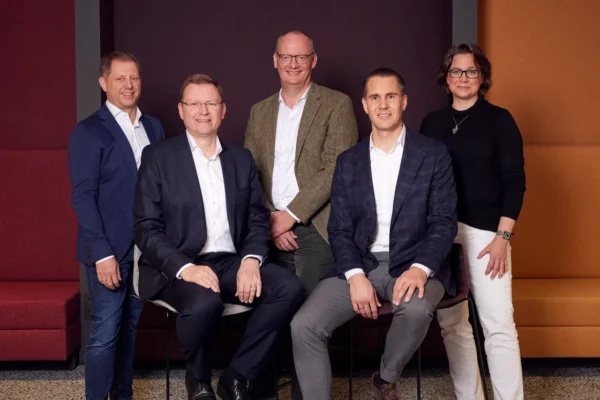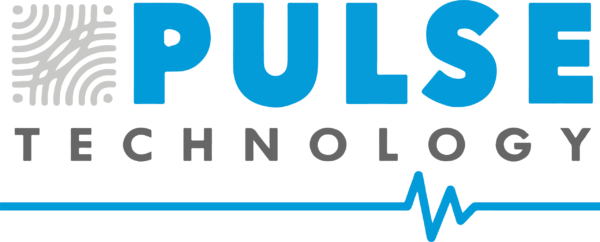Maximize potential in the new normal.
If you’re like most dealers, there may be a couple of things running front and center through your brain. First is how you can keep your business running and profitable in a world that’s shifting persistently and irrevocably away from hard-copy printing and copying. Second—on a very related note—how you can maximize profitability in the near term so you can sell the company in a few years and put in more hours on the golf course, your boat, or in other places you’d prefer to spend your time. The answer for both is up-selling your business—offering more than copiers, MFPs, scanners, and the like—and offering value-added and higher-revenue services that remain relatively stable regardless of the gyrations of the economy.
Any changes require modifying your business model and doing some outside-the-box thinking. As I have often encouraged print providers, it may also be time to redraw the box and redefine your business and what it offers. More than a few dealers are already well down this road and positioning their businesses for the future, but opportunity still abounds in virtually every market. Sure, this takes a lot of hard work, planning, and the agony of execution, but it beats watching your numbers fall and the value of your business decline.
Broader Services
“It is critical for dealers to transition to a broader range of services,” affirmed Dawn Abbuhl, president of Repeat Business Systems, a dealer serving Albany and Syracuse, New York. “Copiers and printers are not going away, but they are leveling off, and demand for print is clearly diminished. We believe a hybrid-work approach is going to continue, so secure home or remote printing will be required.”
Abbuhl is not alone in her assessment. HP research has shown that some three-quarters of end-users (including dealers’ customers) prefer a hybrid work model, noted Xavier Fernandez Tabener, global head of indirect MPS go to market, print services, and solutions business at HP.
“Dealers have a unique opportunity to help customers transition to the cloud while mitigating the emerging security risks,” continued Fernandez. “For example, secure, managed turnkey subscription services for mobile or hybrid workers let dealers offer customers the flexibility to scale services based on customers’ changing needs while also bundling software that adds capabilities customers need.”
Transitioning to a broader range of services changes the very nature of a dealer’s business, enables higher margins, and lays a foundation for long-term growth. “Entry points vary depending on skill sets that dealers have already invested in,” said Bob Madaio, vice president of marketing at Sharp Imaging and Information Company of America. “Some have moved quickly to workflow solutions that surround the traditional print devices if they were not already there, while others have jumped into selling more of the technology that helps drive collaboration, from laptops to commercial and collaboration displays and even the IT services that connect all of these devices.”
Reinvention Not Required
“What’s great is that dealers do not need to reinvent the wheel,” said Jennifer Healy, senior director, integrated marketing, Ricoh USA. “Much of the needed technology is already available, and dealers’ existing technology partners can be excellent resources.”
Not only that, existing customers are looking for solutions to challenges that have emerged in tandem with hybrid workplaces and the rest of the new normal.
“One entry point we see is display technology because display basics are relatively simple to learn,” noted Madaio.
That’s reflected in the experience of Chip Miceli, chief executive officer of Pulse Technology, a dealer serving a large swath of the Midwest. “We are selling more video walls and interactive displays,” said Miceli. “It’s part of the connectivity customers want.”
Miceli is seeing the compelling aspect of display technology. It can build on established print services and relationships. Displays of all sizes have been a popular services expansion option during the pandemic, and displays are a product line that can roll out to schools and a variety of enterprises. As remote working becomes business as usual, interactive whiteboards that connect people across ZIP codes and time zones open a new line of conversation with customers and prospects and offer an excellent way for dealers to upsell their services beyond copying or printed pages.
Diversification = Growth
Ricoh’s Healy also points to diversification as being key to future dealer business growth. Being a production-oriented company, Ricoh sees upside potential for dealers to offer devices and expand the range of services they offer.
“For dealers who are serious about growth, expansion into adjacent categories is a key play,” said Healy. These include leveraging OEM’s inkjet technologies in segments such as wide format and direct to garment. This can mean engaging with OEMs to represent such devices to potential customers or even, as some dealers have done, offering wide format and direct-to-fabric print services.
One of the first thoughts most dealers have is to expand into IT services, usually led by customer concerns about cybersecurity. “This is a very strategic move, and it can feel more daunting to start from scratch rather than starting with related hardware technology sales (PCs, displays, etc.) unless the dealer fully commits to becoming more of an IT services-centric provider,” said Madaio.
However, all the major OEMs offer some level of IT services, a growing demand during the pandemic that is not going away. Organizations of all sizes have encountered ransomware and phishing attacks that need the defenses and attention that come only from IT professionals.
“There is less margin in supplying and setting up servers in a customer’s offices,” explained Chris Bilello, vice president, business solutions development, Konica Minolta Business Solutions U.S.A., “but the ongoing service and support that’s attached to the servers is what customers pay for and are especially valuable should things go sideways.”
Ongoing service and support are often offered on a subscription basis and may be handled in conjunction with an OEM’s IT support offerings. It is also a straightforward way to help dealers reach beyond their comfort zone and deliver services their customers need.
It’s Not Too Late
“Successful marketing strategies for all dealers can be vastly different, and we have been trying unique ways to reach our customers,” said Repeat’s Abbuhl. “The pandemic has been a time of self-(business) reflection, and a time to refine some procedures, so we have turned our business development into a more focused formula.”
All things considered, the clarity and course changes brought on by the pandemic have generally been positive. These many months later, up-selling services and capabilities, becoming wider and deeper with new products, learning more, training your team, and becoming a trusted advisor to customers help gain back some of your pre-pandemic momentum. The future of your business is what you make it. Up-selling is one way to make up for lost time, adapt to a changing market, and reposition your business for whatever is next.
Access Related Content
To become a subscriber, visit www.thecannatareport.com/register or contact cjcannata@cannatareport.com directly. Bulk subscription rates are also available.





